This program is created by Harris Public Policy's Center for Municipal Finance in partnership with the Lincoln Institute of Land Policy. The program is led by Professor Justin Marlowe, Director of the Center for Municipal Finance at Harris Public Policy; Luis Quintanilla, Program Analyst, Lincoln Institute; and Ge Vue, Director of Learning Design, Lincoln Institute.
This four-day professional credential program provides a thorough foundation in municipal finance with a focus on urban planning and economic development in the United States.
The program includes modules on the following topics:
Urban Economics and Growth
Intergovernmental Fiscal Frameworks, Revenues, Budgeting
Capital Budgeting and Infrastructure Maintenance
Debt/Municipal Securities
Land Value Capture
Financial Analysis for Land Use and Development Decision Making
Public-Private Partnerships
Environmental, Social, and Governance (ESG) in Municipal Finance
For planners maintaining their AICP credentials, this course provides Certification Maintenance (CM) credits from the APA.
Note: While the University appreciates international perspectives in all of our courses, this program is currently limited to municipal finance topics within the United States and does not include any content within an international context.
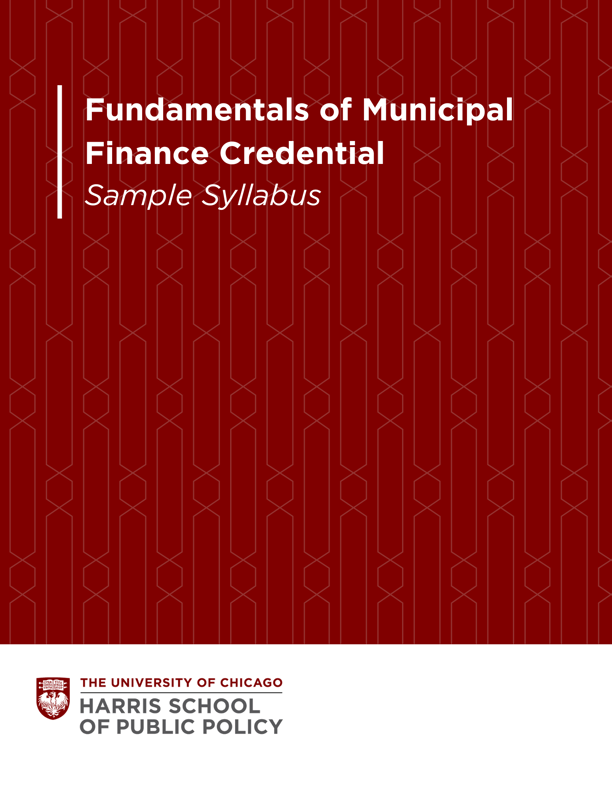
Public finance faces a period of heightened scrutiny, which presents opportunities as well as challenges. As communities continue to struggle with effects of the pandemic while facing an array of urgent needs, from affordable housing to infrastructure investment, it is essential that they make equity, efficiency, and sustainability central to their decisions regarding revenue and expenditures.
Even before COVID-19, events in communities like Detroit, Stockton, Flint, and Puerto Rico highlight the severe challenges related to fiscal systems that support public services and the continued stress they face given the shrinking revenue streams facing many local governments.
While there has been a recent increase in federal funds flowing to local governments to help them provide the services and infrastructure residents demand, this funding source is not unlimited and will soon go back to pre-pandemic levels. Communities not only need to build the capacity to spend this influx of money equitably, but they need to be prepared to adequately and fairly raise revenues when federal funding diminishes.
Whether you want to better understand public-private partnerships, debt and municipal securities, or leading land-based finance strategies to finance infrastructure projects, this program will give you the skills and insights you need as you advance your career in local government or community development.
This course is for professionals with limited or no knowledge of how public finance works in the United States. The goal of this course is not to teach you to be a finance expert, but rather, to help you understand the field of municipal finance so that you can make better informed decisions in your current or future careers. Those with the following experience will be given preference for admission:
New to senior-level urban planners who work in both the private and public sectors, as well as individuals in the land development industry at large.
Job titles including:
Urban Planners
Community and Economic Development Staff
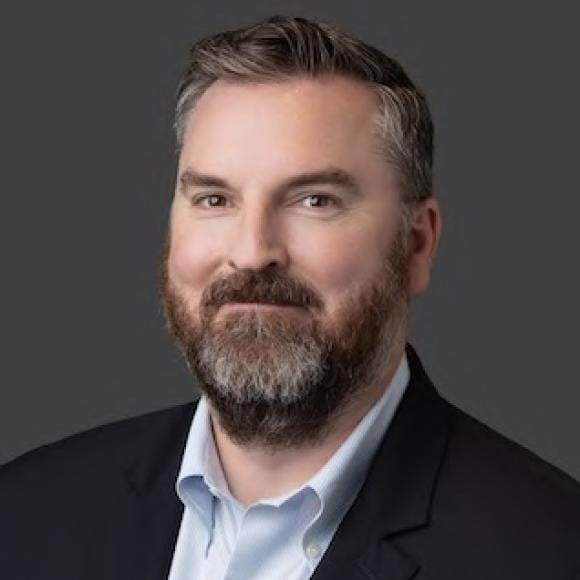
Director of the Center for Municipal Finance and Research Professor
Justin Marlowe is a Research Professor in the University of Chicago Harris School of Public Policy, where he also serves as Director of the Center for Municipal Finance. His research and teaching are focused on public finance, with emphasis on public capital markets, infrastructure finance, state and local budgeting, and financial disclosure. He also serves as Editor-in-Chief of the Municipal Finance Journal, and he co-hosts the Public Money Pod, a podcast produced by the Center for Municipal Finance.
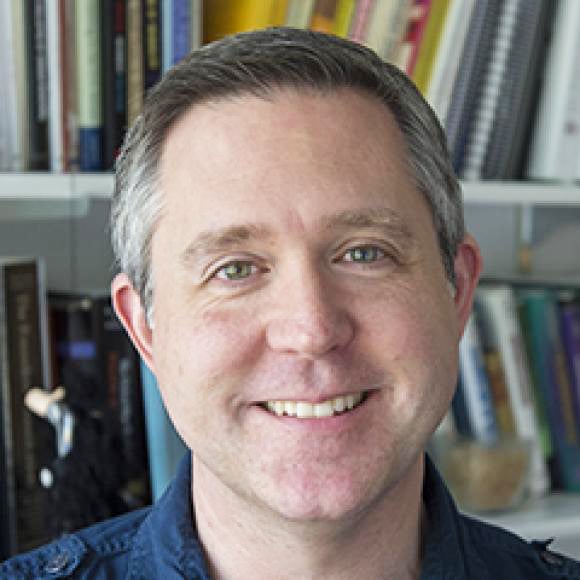
William J. and Alicia Townsend Friedman Professor; Director, Mansueto Institute for Urban Innovation
Christopher R. Berry is the William J. and Alicia Townsend Friedman Professor at the Harris School of Public Policy and the College and director the Mansueto Institute for Urban Innovation, at the University of Chicago. Berry is the author of Imperfect Union: Representation and Taxation in Multilevel Governments (Cambridge UP, 2010), winner of the Best Book Award in Urban Politics from the American Political Science Association, and many other scholarly publications.
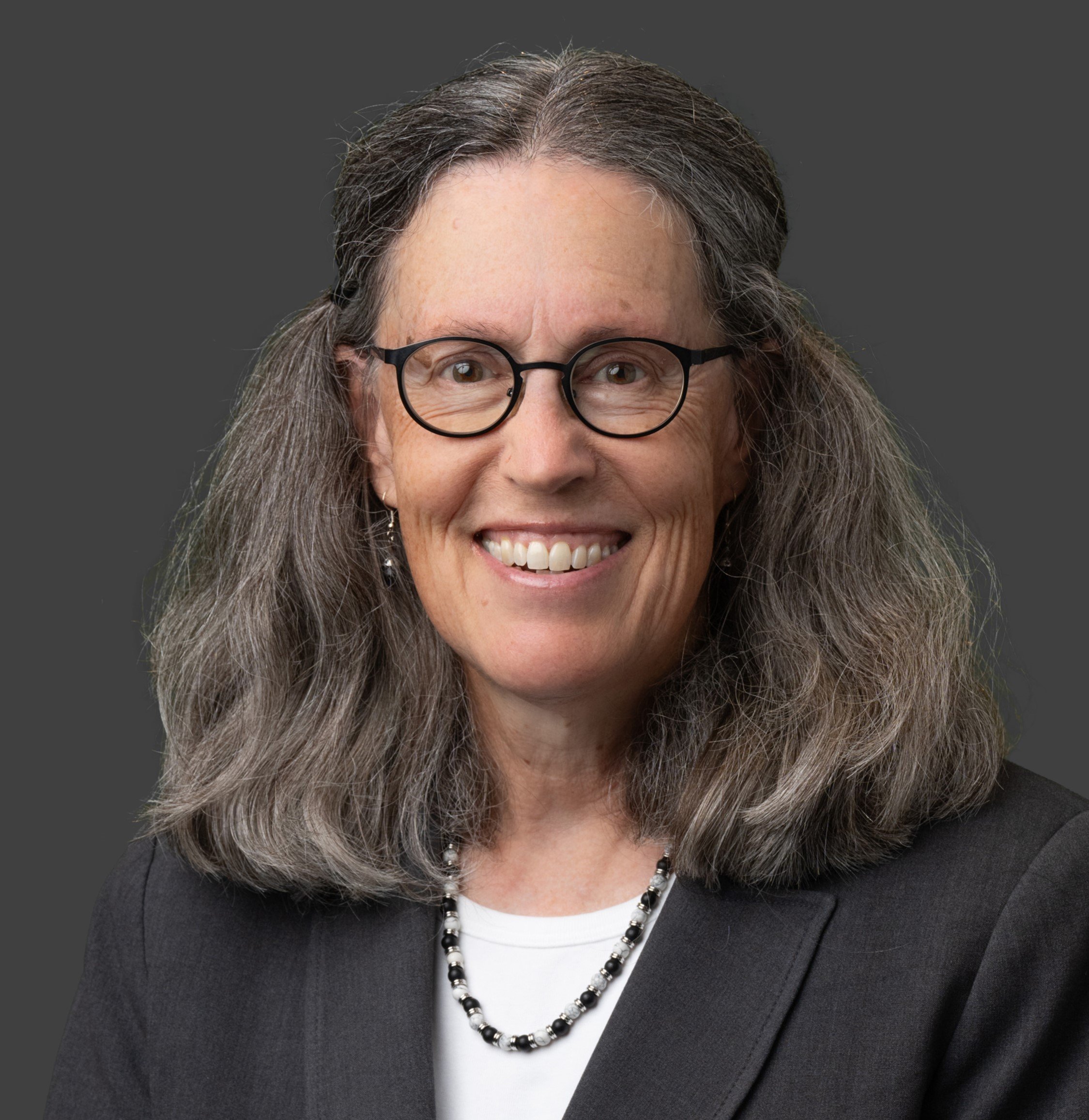
Harris Public Policy Senior Lecturer
Paula R. Worthington is a Senior Lecturer at the Harris School of Public Policy at the University of Chicago, where she is affiliated with the Center for Municipal Finance and serves as academic director of the School’s Policy Labs program and faculty lead on its MPP program. At Harris, Worthington teaches courses in state and local government and cost-benefit analysis and advises students completing applied projects for public and nonprofit sector clients.
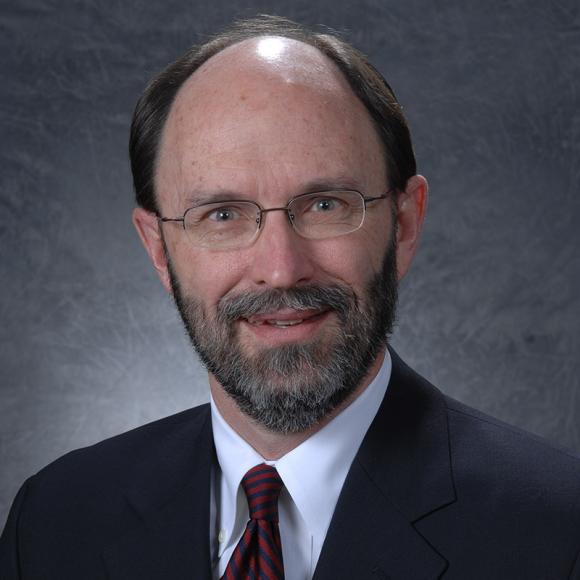
Baird Family Professor of Economics, University of Nebraska
John Anderson is an academic economist and an adviser to public policy makers in the fields of public finance, fiscal reform, and tax policy. Dr. Anderson has served as a Senior Economist with the President’s Council of Economic Advisers in Washington, DC.
-3.png)
Executive Director, The Public Finance Initiative
Lourdes Germán, J.D., led investment banking efforts in the Northeast and New York Tri-State region as Vice President of Municipal Finance at Fidelity Investments. She then served as Vice President and General Counsel at Breckinridge Capital Advisors, founded a small financial services start-up, and then served as a Director at the Lincoln Institute of Land Policy where she helped launch and lead a global program of work on municipal fiscal health, which included activities in partnership with the United Nations, the Organization for Economic Cooperation & Development, and engagement with members of congress via the first Congressional Briefing focused on the fiscal health of cities.
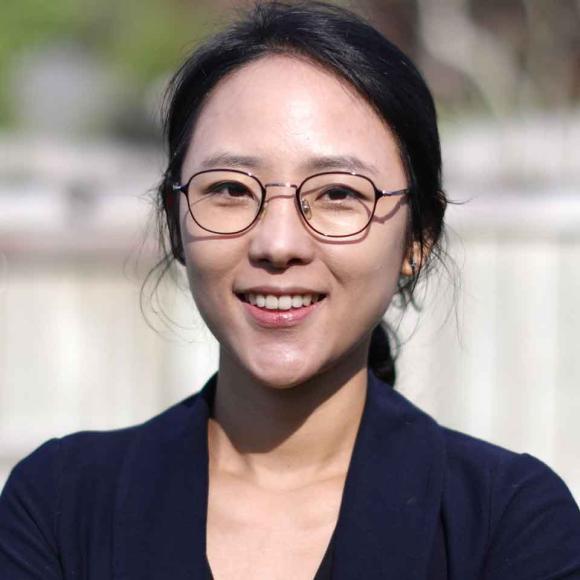
Assistant Professor of Urban Planning, UCLA
Minjee Kim is an Assistant Professor in the Urban Planning department at the UCLA Luskin School of Public Affairs. Her research is situated at the intersection of real estate development and urban planning. She writes about land use regulation, large-scale real estate developments, exactions, negotiated developments, and urban public finance. Her goal as a planning scholar is to identify the ways in which planners and policymakers can foster equitable real estate developments.

Partner, SB Friedman
Ranadip is an economic development advisor dedicated to the creation of inclusive, high-quality urban environments. He brings over 20 years of experience in market and financial feasibility analysis, economic impact analysis, and development strategy across the country. In Chicago, he co-leads the City’s Central Area Plan Update as well as the research phase of the We Will Chicago Citywide Framework Plan, and provides redevelopment strategies and deal structuring assistance for the transformation of the former Michael Reese Hospital site. He has also led numerous market analyses and strategy work as part of TOD planning efforts in Rochester, MN, Chapel Hill, NC, Charleston, SC and Jacksonville, FL.

Partner, SB Friedman
Fran guides clients nationwide in reaching their community, economic, and real estate development goals. She brings 15 years of experience and innovative thinking to develop creative, actionable solutions for communities. Her expertise in market analysis and strategic redevelopment has informed numerous planning, policy, and development decisions. Fran led research for the We Will Chicago framework and the Chicago Central Area Plan, assisted in obtaining Transit TIF revenues for the CTA Red Line extension, crafted workforce and industrial retention strategies in Atlanta, GA, and prepared a regional housing strategy in Dane County, WI. She has structured over $2 billion in public assistance for a diverse mix of projects across the country.
The 2026 Fundamentals of Municipal Finance Credential will take place on May 11-14, 2026.
The lectures are 100% virtual with synchronous, interactive sessions conducted via Zoom. You can expect active engagement with faculty and peers each session. The virtual program allows you to engage with the class from anywhere with a stable internet connection.
The Admission Committee reviews applications on a rolling basis in the first week of every month starting in November 2025 until the cohort is full. Admitted applicants receive an email confirmation with payment details and next-step actions.
The table below outlines the program cost structure, with fees based on application timing and employee type (non-profit/public sector vs. private sector). Applications submitted by December 31, 2025, qualify for a $500 discount, with fees of $1,500 or $2,000. Those submitted by February 12, 2026, receive a $300 discount, with fees of $1,700 or $2,200. Applications submitted after February 12 until the cohort is full are priced at $2,000 or $2,500.
| Application Submission Timing | Public and Non-Profit Sector Employees Program Fee | Private Sector Employee Program Fee |
| November 3, 2025 - December 31, 2025 | $1,500 | $2,000 |
| January 1, 2026 - February 12, 2026 | $1,700 | $2,200 |
| February 13, 2026 - May 2026 | $2,000 | $2,500 |
*$500 per person discount for organizations with 3 or more attendees. Please contact Jade Jiang at jadejiang@uchicago.edu for more details.